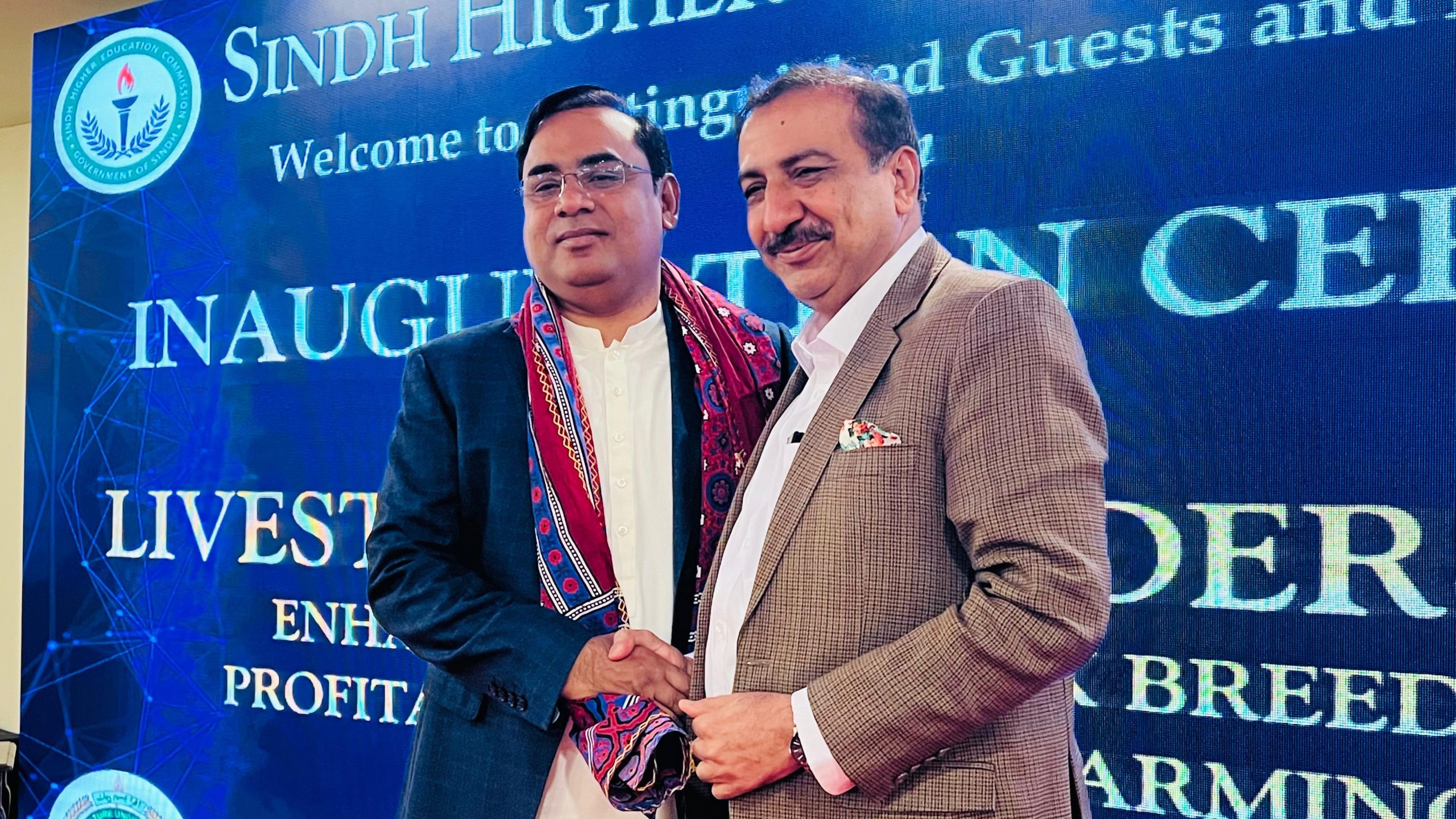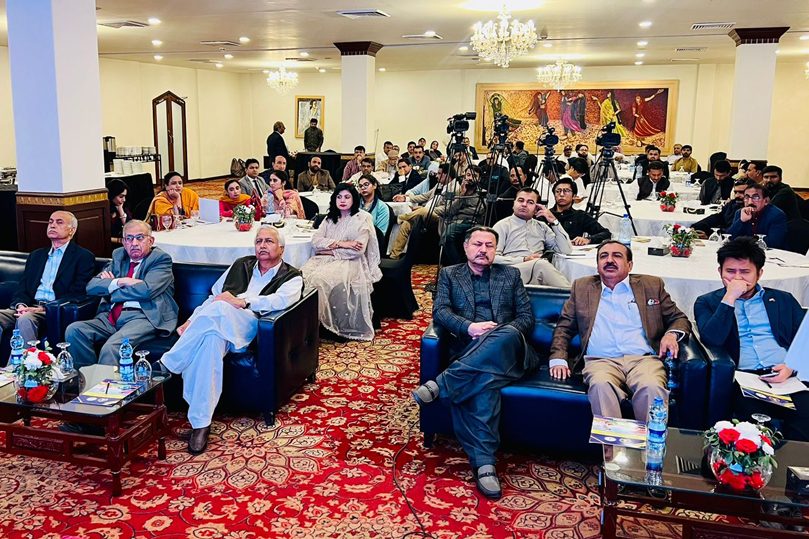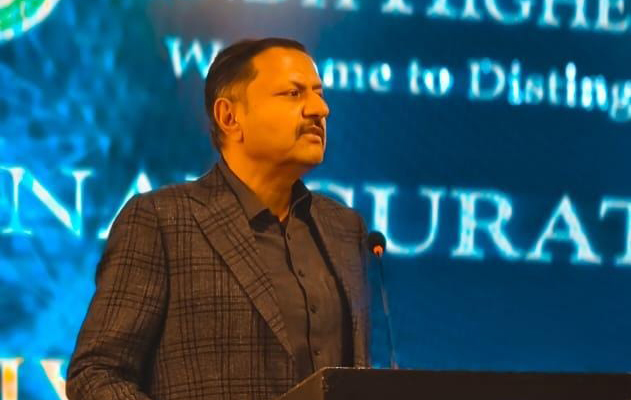Sindh’s Livestock Breeders Forum Inaugurated: Focus on Genetic Improvement, Indigenous Breed Preservation
Karachi, Sindh: A two-day Livestock Breeders Forum on “Improving Livestock Breeding in Sindh,” organized by Sindh Agricultural University (SAU) Tandojam in collaboration with the Sindh Higher Education Commission, commenced today in Karachi. The event brought together policymakers, experts, farmers, and international delegates to discuss challenges and advancements in livestock breeding.
Minister Stresses Technological Advancements
Muhammad Ali Malkani, Sindh’s Provincial Minister for Livestock and Fisheries, addressed the forum, highlighting genetic deficiencies in Sindh’s indigenous livestock breeds that have led to decreased productivity. He announced the establishment of the Sindh Breeding Authority to implement advanced technologies like artificial insemination to improve breed quality. Malkani emphasized that global livestock practices prioritize quality over quantity and underscored livestock development as a vital tool for poverty reduction.

Preservation of Historic Breeds
Dr. Fateh Muhammad Marri, Vice-Chancellor of SAU, urged immediate measures to preserve local breeds, including the Red Sindhi cow and Kundi buffalo. He revealed that the Sindh government has launched a long-term breed improvement initiative to protect superior breeds. Dr. Marri underscored the historical importance of the Red Sindhi cow, whose lineage dates back 5,000 years, as evidenced by artifacts from Mohenjo-Daro. He also cited international examples, such as Brazil and Russia, where genetic advancements have significantly increased milk production, achieving up to 27 liters compared to Sindh’s average of 7 liters.
Addressing Karachi’s Livestock Challenges
Former Vice-Chancellor of the University of Agriculture Faisalabad, Dr. Iqrar Ahmad Khan, emphasized that while Karachi houses some of the country’s best milk-producing animals, unregulated slaughterhouses and poor breeding practices have hampered progress. He called for enhanced research on nutrition and clinical interventions to address these issues. Similarly, Dr. Baz Muhammad Junejo, former Secretary of Livestock and Fisheries, noted that Karachi, despite being home to the largest livestock market, only meets 50% of its meat and milk demands. He encouraged collaborative efforts between the government, experts, and institutions to improve this scenario.

Broad Participation and Future Prospects
The forum featured participation from various stakeholders, including Dr. Nazir Ahmed Kalhoro, Director General of the Sindh Institute of Animal Health (SIAH), Matsuda Kazonori from the Japanese Consulate, and female farmer Wadera Nazo Dharejo. A delegation from the Food and Agriculture Organization (FAO), along with experts from institutions like MNS Agriculture University Multan, contributed to the discussions.
The event aims to pave the way for preserving pure breeds, enhancing productivity, and improving farmers’ livelihoods, thereby boosting Sindh’s agricultural contribution to the national GDP.

